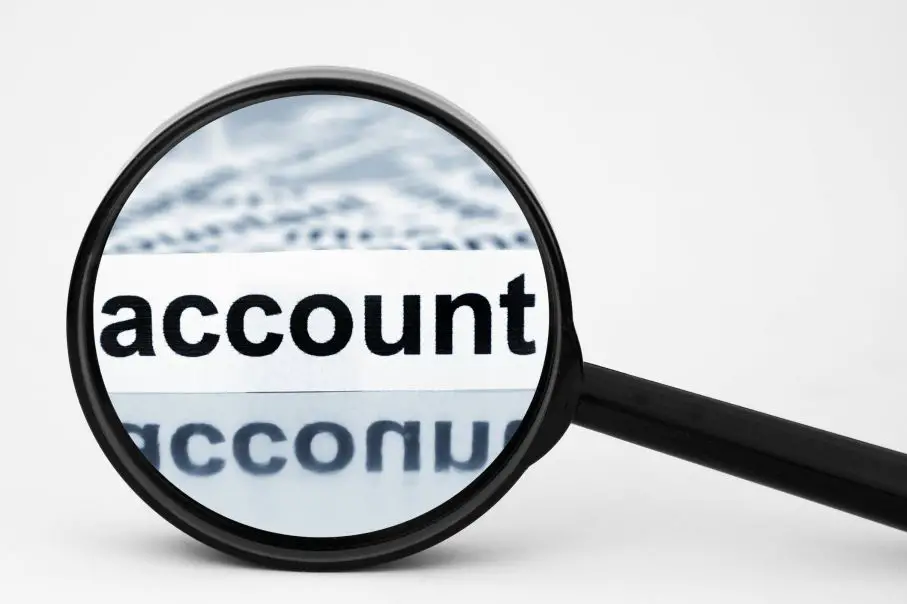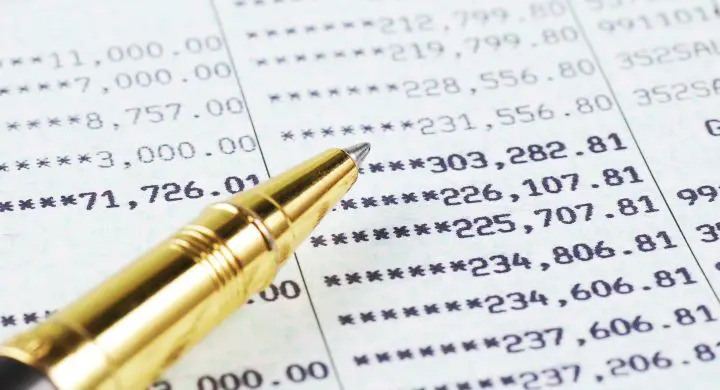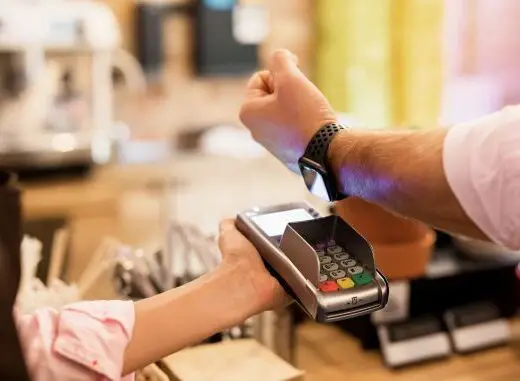
CommonCentsMom.com is advertiser-supported: we may earn compensation from the products and offers mentioned in this article. However, any expressed opinions are our own and aren't influenced by compensation. The contents of the CommonCentsMom.com website, such as text, graphics, images, and other material contained on this site (“Content”) are for informational purposes only. The Content is not intended to be a substitute for professional financial or legal advice. Always seek the advice of your Financial Advisor, CPA and Lawyer with any questions you may have regarding your situation. Never disregard professional advice or delay in seeking it because of something you have read on this website!
There are a lot of questions that people ask when they are planning to open a bank account. After all, bank accounts are crucial for the everyday life of most people. They allow you to make payments, withdraw money from your account, and save money. But what about bank account numbers? Are they unique? Can you use the same number for more than one bank account? How many digits make up a bank account number?
These questions will help you decide whether or not to choose a certain bank and if so, which one is best for you. Let’s take a look at some of the most common questions that are made about bank account numbers.
What is a Bank Account Number?
A bank account number is a unique code that is used to identify a bank account. A lot of banks use these digit formats to create their bank account numbers. You can find this number on the back of your checkbook or in your bank statement. In some cases, you can also find it on the bottom or the back of your card.
These numbers are used to identify the bank and to link transactions to a specific account. Banks, their clients, and other financial institutions need this to be able to process transactions, make payments, and track the financial history of their customers.

How Many Numbers are in a Bank Account?
The most common format for bank account numbers is nine digits, but there are also some banks that use anywhere between five to seventeen. It all depends on the bank’s own rules and policies regarding their own unique bank account numbers. In other words, it is possible for a bank account number to consist of five digits. This is more likely to happen to bank accounts under smaller banks.
Is a Bank Account Number Different From a Routing Number?
A bank account number is different from a routing number. Routing numbers are numbers that help banks identify the branch that they should use to process a specific transaction. Banks use these numbers to help their customers and employees locate the correct branch. For example, when you send a check to your employer, it will be routed through your bank’s routing number to your bank account.
Though both numbers can be found on a check, the routing number is not a bank account number.
How to Keep Your Bank Account Number Safe
Bank account numbers are one of the most important things that you should protect. If you keep them in a safe place, they will not be lost. You should also try to keep the numbers safe from prying eyes. You should never give these numbers to anyone. Even if you have your banking details in a secure location, it is always a good idea to take a picture of them and keep them somewhere else.
These are just some of the most common questions that are asked about bank account numbers. Hopefully, this article will help you understand more about bank account numbers and how they work.






